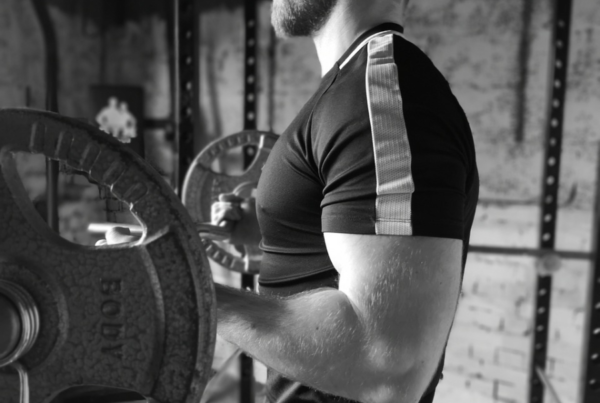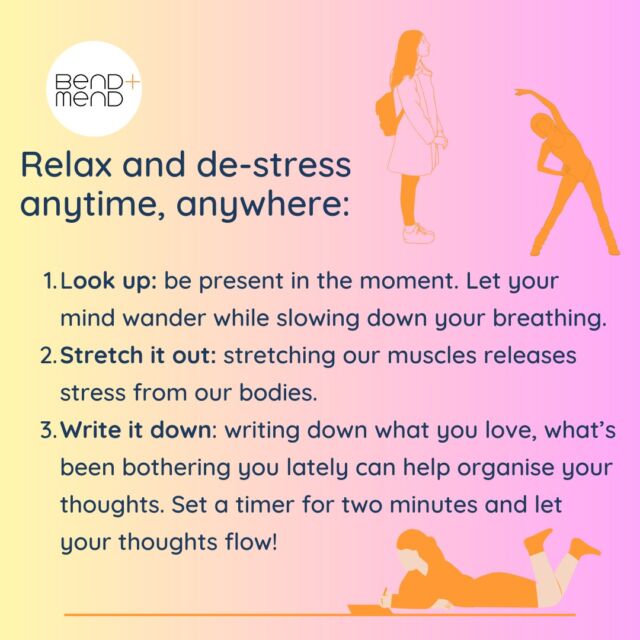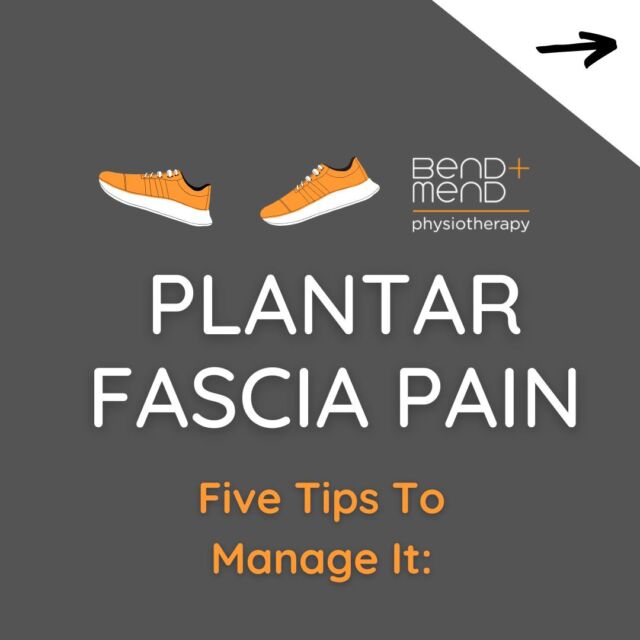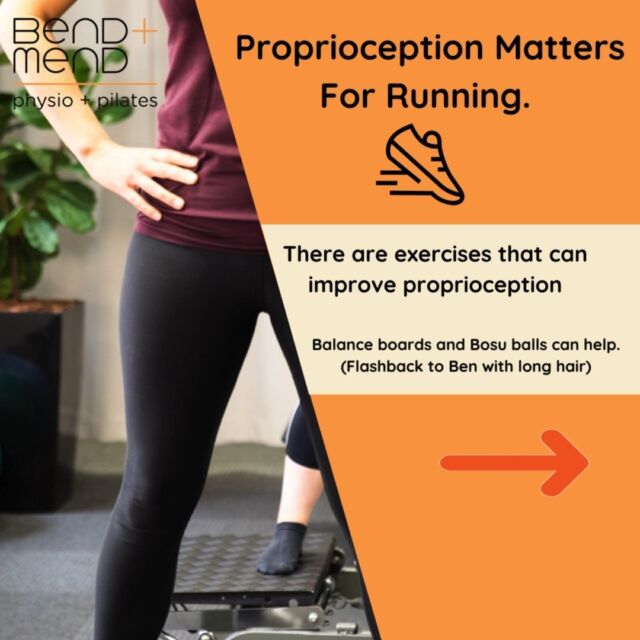 As your body changes with pregnancy, so does your posture. Your baby bump will gradually develop and slowly stretch out your abdominal muscles and bring your centre of gravity forward. To compensate for this your lower back will arch more and your lower back extensor muscles become more active to cope with the increased load, resulting in general lower back ache and sometimes pelvic pain. This change in posture and position during pregnancy may also affect the muscles around the pelvis, specifically your deeper stabilising gluteal muscles, reducing their ability to work, and this in itself can lead to pain along the sides of the hips and occasionally along the outside of the thigh.
As your body changes with pregnancy, so does your posture. Your baby bump will gradually develop and slowly stretch out your abdominal muscles and bring your centre of gravity forward. To compensate for this your lower back will arch more and your lower back extensor muscles become more active to cope with the increased load, resulting in general lower back ache and sometimes pelvic pain. This change in posture and position during pregnancy may also affect the muscles around the pelvis, specifically your deeper stabilising gluteal muscles, reducing their ability to work, and this in itself can lead to pain along the sides of the hips and occasionally along the outside of the thigh.
Most pregnant women first start to notice this type of pain or discomfort in bed. Lying on their side may become increasingly uncomfortable with a sharp ache developing at the outside of the hip making it hard to lie on their side for too long. So, due to not being able to lie on the back for too long, sleep can be difficult. Some women resort to sleeping while sitting! With an ever increasing baby bump you may notice more of a “waddle” with your walk, with the hips swaying from side to side as you take a step. This happens as your body starts to rely more on the structural/passive stabilisers to hold you steady like your Ilio-tibial band (ITB) instead of your muscles.
But there is good news! Physiotherapy can help to release the tight structures around the sides of the hip and through the lower back with soft tissue massage, gentle stretching, joint mobilisation and even dry needling. We can also teach your some simple stretches for the lower back, like the cat stretch, so you can continue to mobilise your lower back. We will also teach you some basic stabilising exercises for the gluteals and pelvic floor muscles to make sure all the right muscles are holding your body steady throughout your pregnancy. You can also try changing your sleeping posture by putting a pillow behind your back so you are not directly on your side to avoid direct pressure down through the hip, or tryng a pillow positioned between the knees.
If you are getting back or hip pain and tight hips uduring pregnancy come and talk to one of our Physio’s at Bend + Mend in Sydney’s CBD to see what you can do to change it.








I would LOVE to learn these stretches/exercises to help with hip pain while sleeping/laying down! Where do I find these “workouts”?!
Hello Kayla,
Thanks for posting! Discomfort with sleep is a common pregnancy symptom and figuring out the cause is the first step to the best treatment. Most pregnant women find great benefit in reducing their discomfort with some specific exercises and life-style adjustments tailored for them.
A thorough assessment is the best place to start as everyone will have different movements that will irritate them or feel good. After assessing your pain level and the movements the provoke your pain we can modify most exercises to fit your ability and pain level.
Typically exercises like cat/cow are a great way to stretch out the back and maintain mobility in the lumbar spine. Glute exercises like bridges with a theraband around the knees help strength the glutes which provide support for the pelvis. Another glute exercise is four point kneeling leg extensions as they can switch on our deep hip rotators and provide more support while walking.
Things we can do to avoid discomfort are exercises that put unilateral force through the pelvis like single leg squat or wide leg lunges. However, some women don’t find these activities irritating depending on the source of their pain.
If you are in Sydney you are welcome to come in for an assessment and more tailored treatment programme with a focus on reducing pain while sleeping. We also offer Telehealth appointments if you are not in the area.
Thanks again,
Kind regards,
Meredith